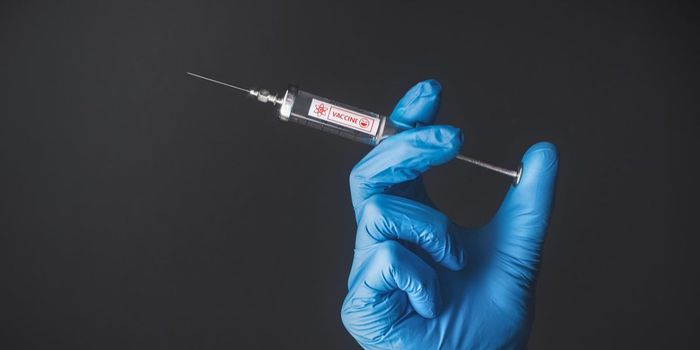The C-word. Michael Kinch's new book and the future of Cancer Treatment
The C-word. Dare we say it? Is a cure for cancer within reach?
Professor Michael Kinch of Washington University, St. Louis, Missouri, thinks it’s time. In his new book, “The End of a Beginning: cancer, immunity and the future of a cure,” Kinch walks us through over a century of medical science to the present advent of cancer immunotherapy. Kinch believes, “it is conceivable cancer will soon be rendered to be a historical footnote for future generations.”
Cancer immunotherapy is a treatment which uses components of the immune system to treat cancer patients. Therapies include antibodies to direct the immune system to target cancerous cells, infusions of activated immune cells, and even vaccines. Monoclonal antibodies can be designed to recognize specific proteins on the surfaces of cancer cells and then recruit immune cells to attack and kill those cancer cells. Yervoy and Keytruda are examples of monoclonal antibodies used for cancer immunotherapy. Activated immune cell infusion, such as CAR T-Cell therapy, involves extracting the patient immune cells, training them to recognize cancer cells and then returning those activated immune cells to the patient. Vaccinations can help prevent cancer caused by viruses. For example, the HPV vaccine has caused cases of cervical cancer in young women to decrease by almost 30%.
Conventional treatments for cancer include surgery to remove solid tumors, radiation therapy to kill cancer cells and shrink tumors, and chemotherapy to target cancer with drugs. Unlike conventional treatments, cancer immunotherapy can train the immune system to specifically target cancer cells and induce memory which results in long-lasting remission.
Kinch's book begins with the discovery of viruses and carries the reader all the way forward to today's monoclonal antibody therapies. Along the way, Kinch introduces the many scientists who contributed to these advancements and the experiments that led to their discoveries. By giving the reader each scientist's motivations behind pursuing research, Kinch makes them more relatable. And by providing clear, simple explanations of key experiments, Kinch enables all to understand them.
Some may find the storytelling in “The End of the Beginning” to be circuitous and superfluous. Indeed, if the reader is looking for a straight forward review of the literature and experiments leading up to the development of cancer immunotherapy, then they should look elsewhere. However, science is rarely a linear endeavor, and thus, not surprisingly, neither is this book.
Michael Kinch, the author of “The End of a Beginning: cancer, immunity and the future of a cure,” attempts to build a case to show we are nearing the end of an era of cancer being an incurable disease. I'm inclined to believe that he is right.
Check out the video to learn more about Cancer Immunotherapy.
Find out more about Michael Kinch's book, "The End of the Beginning: cancer, immunity, and the future of a cure" here.









